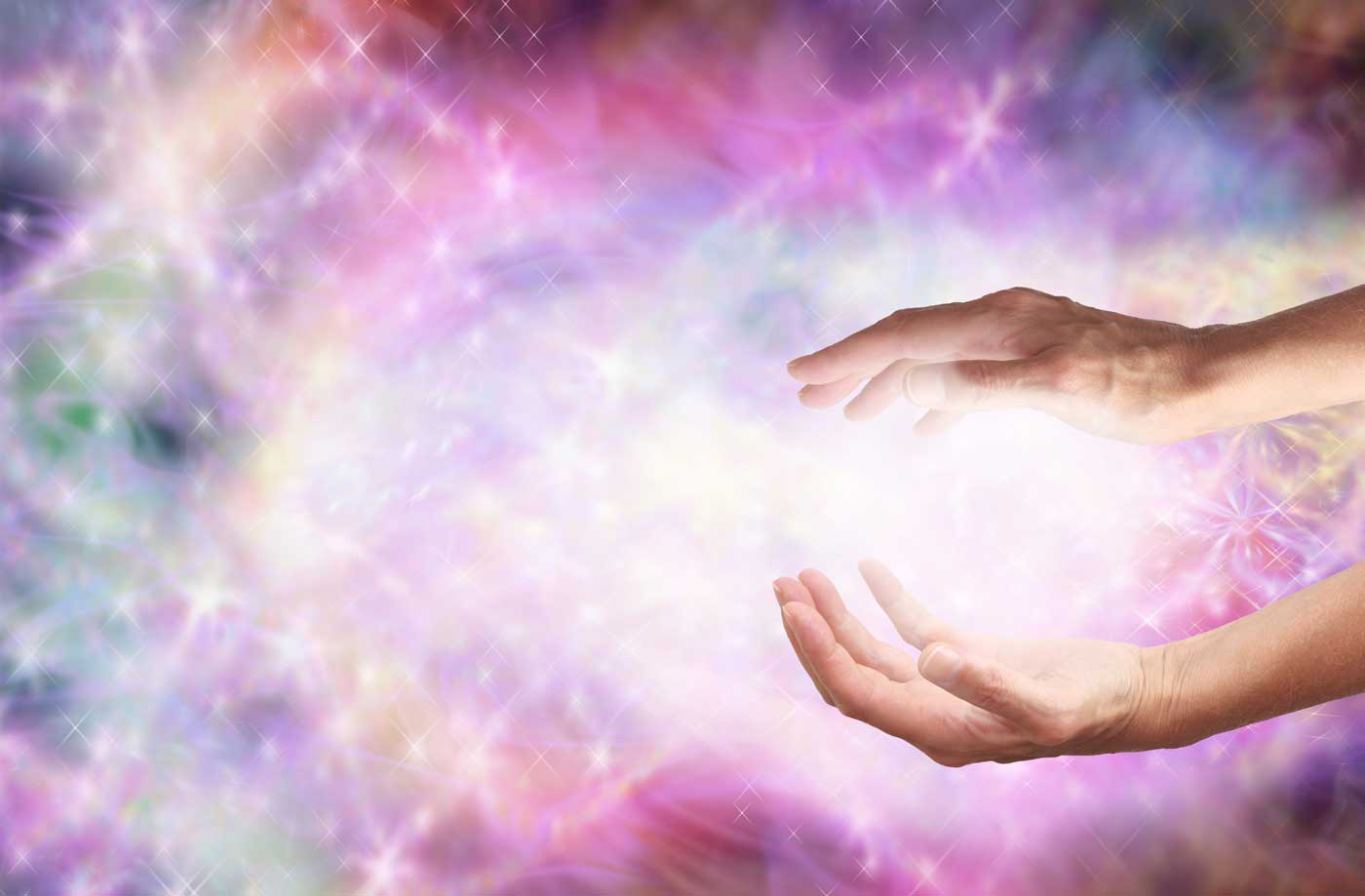Introduction to Reiki
Reiki, a form of alternative therapy, has roots in Japan and is based on the principle that life force energy flows through us. When this energy is low or blocked, it can lead to illness or stress. Reiki aims to promote healing by balancing this life force energy. Practitioners of Reiki believe that by channeling this energy through their hands, they can aid in physical, emotional, and spiritual healing.
The Origins of Reiki
Reiki was developed in the early 20th century by Mikao Usui, a Japanese Buddhist. The term "Reiki" is derived from two Japanese words: "Rei," meaning "universal," and "Ki," meaning "life force energy." Usui discovered the ability to channel this energy after a period of intense meditation, fasting, and prayer on Mount Kurama. His teachings have since spread worldwide, leading to various forms of Reiki, including Usui Reiki, Karuna Reiki, and Jikiden Reiki.
How Reiki Works
Reiki is often described as a form of energy healing that involves the transfer of universal life force energy from the practitioner to the recipient. This process is believed to clear blockages and restore balance within the body. Reiki sessions typically involve the recipient lying down fully clothed while the practitioner places their hands lightly on or just above specific areas of the body.
Check out Reiki classes and Certifications at Learn It Live
The Five Principles of Reiki
Reiki practice is guided by five principles, which serve as a foundation for personal growth and healing:
- Just for today, I will not be angry.
- Just for today, I will not worry.
- Just for today, I will be grateful.
- Just for today, I will do my work honestly.
- Just for today, I will be kind to every living thing.
These principles encourage practitioners and recipients to live mindfully and embrace positivity in their daily lives.
The Benefits of Reiki
Reiki is believed to offer a wide range of benefits, both physical and emotional. Some of the key benefits include:
Physical Benefits
- Pain Relief: Reiki is commonly used to alleviate pain and discomfort, whether from chronic conditions or acute injuries.
- Immune System Support: By promoting relaxation and reducing stress, Reiki is thought to boost the immune system.
- Accelerated Healing: Reiki may support faster recovery from surgery or illness by promoting the body’s natural healing processes.
Emotional and Mental Benefits
- Stress Reduction: One of the most well-known benefits of Reiki is its ability to reduce stress and promote a sense of calm and relaxation.
- Emotional Balance: Reiki can help to balance emotions, reduce anxiety, and provide mental clarity.
- Spiritual Growth: Many individuals report a greater sense of spiritual awareness and personal growth after regular Reiki sessions.
Reiki Techniques
Reiki practice encompasses various techniques, each designed to target specific issues or enhance overall well-being. Some of the most common techniques include:
- Byosen Scanning: A technique used to detect areas of imbalance or blockage in the body by sensing subtle changes in energy.
- Aura Cleansing: This involves cleansing the energy field surrounding the body, known as the aura, to remove negative energy and restore harmony.
- Chakra Balancing: Chakras are energy centers within the body. Reiki practitioners often focus on balancing these chakras to ensure a free flow of energy.
Check out Reiki classes and Certifications at Learn It Live
What to Expect During a Reiki Session
A typical Reiki session lasts between 60 to 90 minutes. The session usually begins with a brief consultation where the practitioner discusses the recipient's health concerns and goals. The recipient then lies down on a massage table, fully clothed, while the practitioner places their hands lightly on or just above various parts of the body.
During the session, recipients often experience deep relaxation, a sensation of warmth or tingling, and a sense of peace. Some may even drift off to sleep. After the session, it is common for individuals to feel refreshed, balanced, and emotionally uplifted.
Conclusion: Embracing Reiki for Holistic Healing
Reiki offers a gentle yet powerful approach to healing that addresses the mind, body, and spirit. Whether you seek relief from physical pain, emotional stress, or simply wish to enhance your overall well-being, Reiki can be a valuable addition to your self-care routine. As more people embrace this ancient practice, Reiki continues to grow as a respected form of complementary therapy around the world.
Check out Reiki classes and Certifications at Learn It Live

